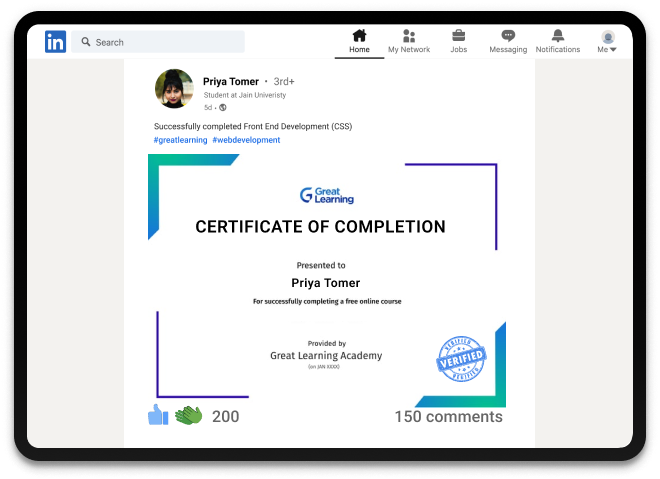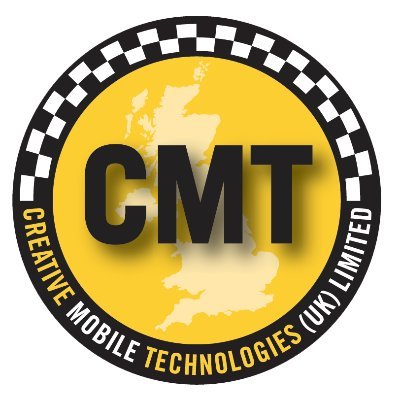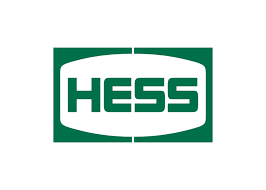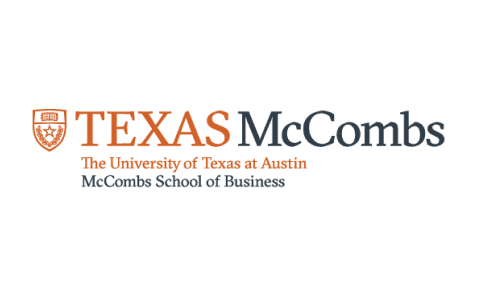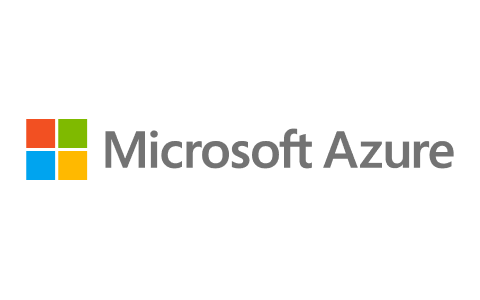Cloud Service Models
Enhance knowledge in cloud computing services and Cloud Delivery Models through Cloud Service Models
What you learn in Cloud Service Models ?
About this Free Certificate Course
Cloud Computing is the process of providing computing services over the internet, and it provides various services such as storage, intelligence, databases, analytics, etc. The subscriber will only have to pay for the services they need on-the-go basis. We shall understand in-depth about cloud computing services such as Infrastructure-as-a-Service (IaaS), Software-as-a-Service (SaaS), and Platform-as-a-Service(PaaS) models. You will get to know about these service delivery models in this Cloud Service Model free course.
Explore our Cloud Computing Courses today.
Course Outline
Dive into the various cloud service offerings and their significance in the modern IT landscape.
This module starts with helping you understand what Cloud Computing is and go through various cloud models like public, private, and hybrid clouds.
Explore cloud deployment models in IaaS, from public to private, and hybrid clouds.
Gain an in-depth understanding of IaaS components, architecture, and implementation.
Analyze the pros and cons of Infrastructure as a Service for effective cloud decision-making.
With this course, you get
Free lifetime access
Learn anytime, anywhere
Completion Certificate
Stand out to your professional network
2.5 Hours
of self-paced video lectures
Frequently Asked Questions
Will I get a certificate after completing this Cloud Service Models free course?
Yes, you will get a certificate of completion for Cloud Service Models after completing all the modules and cracking the assessment. The assessment tests your knowledge of the subject and badges your skills.
How much does this Cloud Service Models course cost?
It is an entirely free course from Great Learning Academy. Anyone interested in learning the basics of Cloud Service Models can get started with this course.
Is there any limit on how many times I can take this free course?
Once you enroll in the Cloud Service Models course, you have lifetime access to it. So, you can log in anytime and learn it for free online.
Can I sign up for multiple courses from Great Learning Academy at the same time?
Yes, you can enroll in as many courses as you want from Great Learning Academy. There is no limit to the number of courses you can enroll in at once, but since the courses offered by Great Learning Academy are free, we suggest you learn one by one to get the best out of the subject.
Why choose Great Learning Academy for this free Cloud Service Models course?
Great Learning Academy provides this Cloud Service Models course for free online. The course is self-paced and helps you understand various topics that fall under the subject with solved problems and demonstrated examples. The course is carefully designed, keeping in mind to cater to both beginners and professionals, and is delivered by subject experts. Great Learning is a global ed-tech platform dedicated to developing competent professionals. Great Learning Academy is an initiative by Great Learning that offers in-demand free online courses to help people advance in their jobs. More than 5 million learners from 140 countries have benefited from Great Learning Academy's free online courses with certificates. It is a one-stop place for all of a learner's goals.
Success stories
Can Great Learning Academy courses help your career? Our learners tell us how.And thousands more such success stories..
Related Cloud Computing Courses
Explore new and trending free online courses
Relevant Career Paths >
Cloud Service Models
Cloud computing has revolutionized the way businesses and individuals manage and access data, applications, and resources over the internet. Cloud service models, also known as cloud computing service models, are the foundation of this paradigm shift. These models define the structure and delivery of cloud services, enabling organizations to choose the right approach that best aligns with their specific needs. There are three primary cloud service models: Infrastructure as a Service (IaaS), Platform as a Service (PaaS), and Software as a Service (SaaS).
Infrastructure as a Service (IaaS):
IaaS is the most fundamental cloud service model. It provides users with virtualized computing resources, such as virtual machines, storage, and networking, on a pay-as-you-go basis. With IaaS, organizations can essentially rent infrastructure from a cloud provider rather than investing in physical hardware and data centers. This model offers scalability and flexibility, allowing users to adapt their resources to suit their needs. It is particularly valuable for businesses with fluctuating workloads and those seeking to reduce capital expenses.
Major IaaS providers include Amazon Web Services (AWS), Microsoft Azure, and Google Cloud Platform (GCP). Users have control over the underlying infrastructure, which means they are responsible for managing and maintaining the operating system, middleware, and applications running on their virtual machines.
Platform as a Service (PaaS):
PaaS takes cloud computing a step further by offering a platform that includes not only infrastructure but also the tools and services required for application development and deployment. This model is popular among developers as it simplifies the development process and reduces the time and effort needed to create and launch applications. PaaS providers manage the underlying infrastructure, allowing developers to focus solely on their code and applications.
Common PaaS providers include Heroku, Google App Engine, and Microsoft Azure App Service. PaaS is suitable for organizations looking to streamline their application development and deployment process, and it is particularly valuable for businesses creating web applications, APIs, and mobile apps.
Software as a Service (SaaS):
SaaS is the highest level of abstraction among cloud service models. It delivers software applications directly over the internet on a subscription basis. Users access these applications through web browsers, eliminating the need for installation or maintenance. SaaS applications cover a wide range of business functions, from productivity tools like Google Workspace (formerly G Suite) and Microsoft 365 to specialized software for customer relationship management (CRM), enterprise resource planning (ERP), and more.
Notable SaaS providers include Salesforce, Dropbox, and Zoom. SaaS is particularly beneficial for organizations seeking to reduce software acquisition and maintenance costs, as well as simplify software updates and accessibility for remote or mobile workforces.
In summary, cloud service models are the building blocks of cloud computing, offering various levels of abstraction and control to meet the diverse needs of businesses and individuals. IaaS provides virtualized infrastructure for those who require greater control over their computing environment. PaaS streamlines application development and deployment, making it an attractive choice for developers. SaaS offers fully managed software applications accessible over the internet, catering to users looking for easy and cost-effective solutions.
Choosing the right cloud service model depends on the specific requirements and priorities of an organization. It's not uncommon for businesses to use a combination of these models, depending on the nature of their operations and IT goals. Cloud computing has democratized technology resources and revolutionized the way businesses operate, making cloud service models a critical consideration for organizations in today's digital age.





